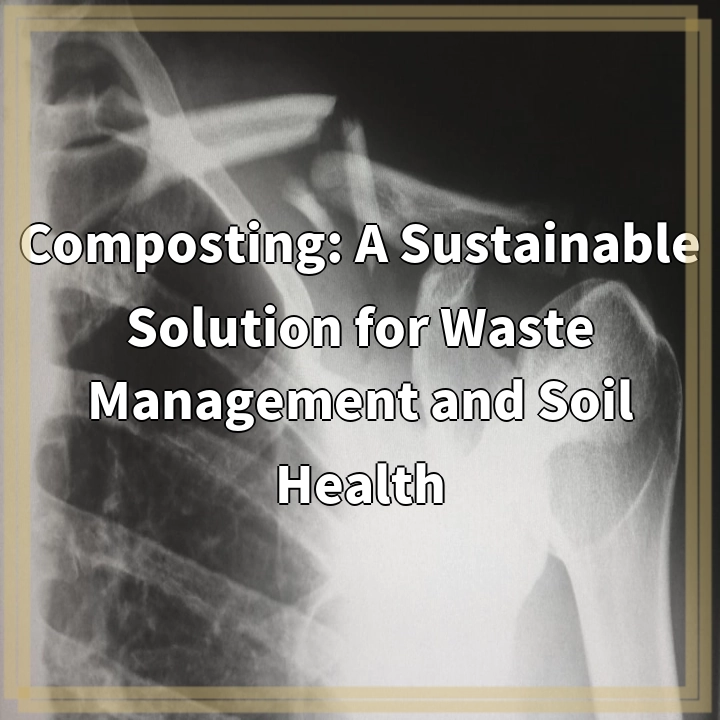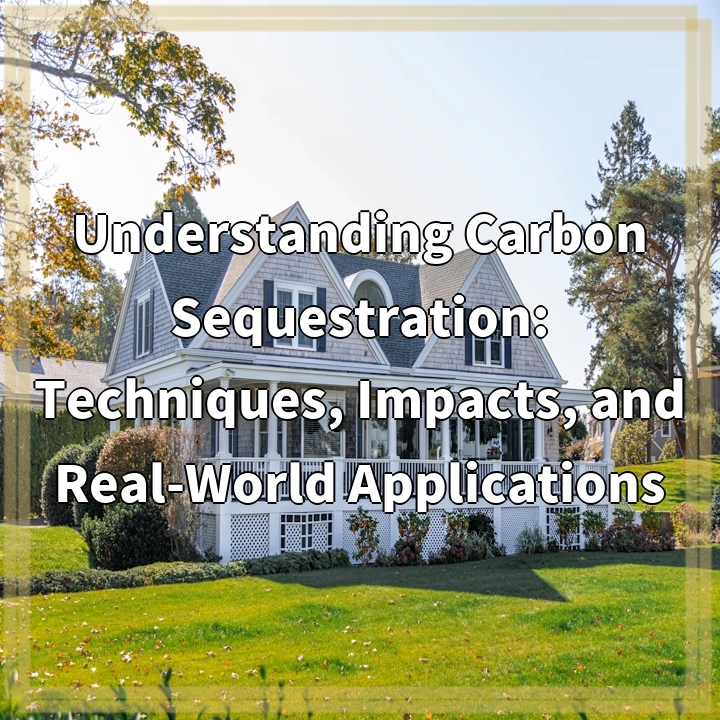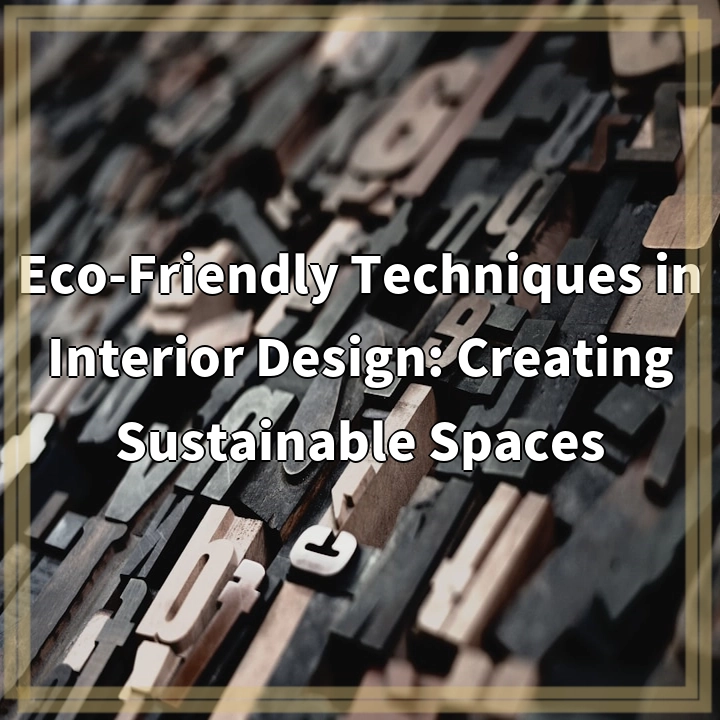
What it is:
Composting is a natural decomposition process that transforms organic waste into nutrient-rich soil amendments, known as compost. This process involves the breakdown of organic materials, such as food scraps, yard waste, and other biodegradable materials, by microorganisms, worms, and other decomposers. When properly managed, composting can significantly reduce the volume of waste that ends up in landfills while enriching the soil with essential nutrients.
The Benefits of Composting
The benefits of composting extend beyond just waste reduction. Compost improves soil structure, enhances moisture retention, and promotes healthy plant growth by providing a balanced array of nutrients. It also helps to suppress plant diseases and pest infestations, thereby reducing the need for chemical fertilizers and pesticides.
How Composting Works
The composting process typically involves several stages: collection of organic materials, creation of a compost pile or bin, and regular maintenance to ensure aeration and moisture balance. Depending on the methods used, such as hot composting or cold composting, the time required for decomposition can range from a few weeks to several months.
Real-World Problems
Despite its many benefits, composting presents several challenges that can hinder its effectiveness and adoption in the real world:
Lack of Awareness and Education
One of the primary barriers to composting is a general lack of awareness and understanding of the process. Many people are unfamiliar with what can be composted, how to start a compost system, and the benefits of composting. Educational initiatives are necessary to empower individuals and communities to embrace composting practices.
Space Limitations
For urban dwellers and those living in apartments or small homes, finding space for a compost bin can be a significant challenge. Limited outdoor areas can discourage individuals from attempting composting, leading to misconceptions that it is only feasible for those with large yards.
Regulatory Hurdles
In some areas, strict regulations on waste management and community standards can restrict composting practices. Zoning laws and homeowner association rules may prohibit compost bins or require specific types of composting systems, which can discourage participation.
Contamination Concerns
Another challenge of composting is the risk of contamination when non-organic materials are inadvertently added to compost piles. This can lead to odors, pests, and diseases, ultimately resulting in failed composting efforts and discouraging potential composters. Clear guidelines for what can and cannot be composted are essential to ensure success.
Cost and Accessibility
For some individuals and communities, the initial cost of composting equipment and supplies can be a barrier to entry. Additionally, access to resources and facilities that support composting, such as local composting centers, can vary widely, particularly in rural areas.
Climate and Environmental Factors
Environmental factors such as climate and weather conditions can affect the composting process. In colder climates, composting can take longer, while excessive heat and drought can hinder microbial activity essential for decomposition. Understanding these factors is vital for successful composting practices in different regions.
By addressing these real-world problems, we can encourage more people to participate in composting, ultimately leading to a more sustainable approach to waste management and a healthier environment.

Solutions to Composting Challenges
To overcome the various challenges associated with composting, several effective solutions can be implemented. These solutions not only promote successful composting practices but also encourage wider community participation.
Education and Awareness Campaigns
Implementing educational initiatives can significantly raise awareness about the benefits and methods of composting. Community workshops, informational guides, and online resources can help individuals understand what materials are suitable for composting and how to set up an effective composting system in their homes.
Community Composting Programs
Establishing community composting programs can provide a practical solution for those lacking space at home. These programs allow residents to contribute organic waste to a shared composting site, promoting community engagement and reducing overall waste. Local governments and organizations can play a crucial role in facilitating these initiatives.
Flexible Regulatory Frameworks
Advocating for more flexible zoning laws and regulations around composting can encourage broader participation. Municipalities can consider creating guidelines that support home composting practices while ensuring environmental safety. Establishing clear standards can also alleviate concerns around contamination.
Clear Composting Guidelines
Providing clear guidelines on what can and cannot be composted can help individuals avoid contamination. This can be achieved through pamphlets, online resources, and signage at composting sites. Educating the community about common mistakes and best practices will foster greater confidence in composting.
Government and Community Support
Local governments and organizations can invest in resources to make composting more accessible. This includes providing subsidies or grants for composting equipment, offering free compost bins, and creating local composting centers that are easily accessible to all residents.
Climate-Responsive Techniques
Encouraging the use of climate-responsive composting techniques will help individuals adapt their practices to suit their local environments. Techniques such as using insulated compost bins in colder climates or employing covers during heavy rains can enhance the efficiency of the composting process regardless of weather conditions.
By implementing these solutions, we can create a more sustainable composting culture that addresses real-world challenges, promotes community involvement, and contributes to better waste management and soil health.















